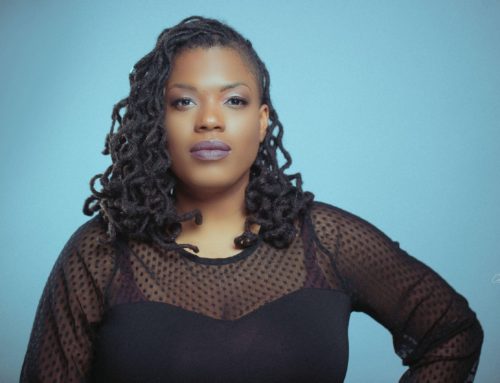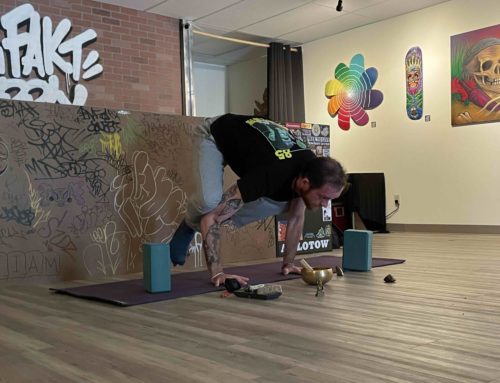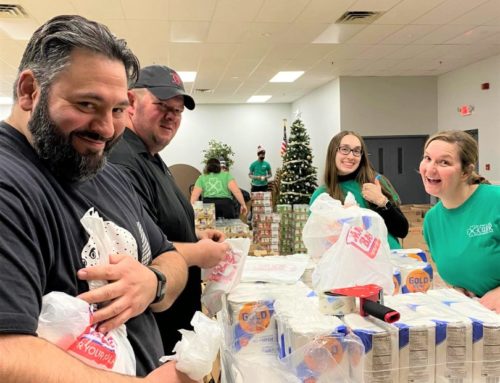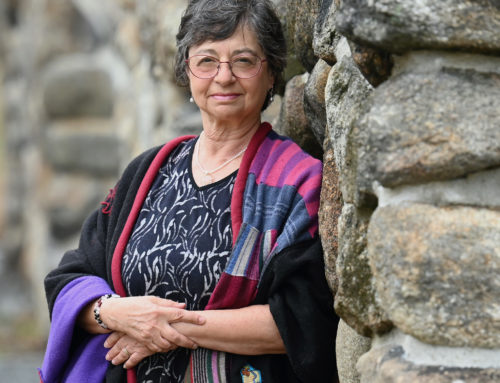Curling may seem like one of the easier sports in the Olympics — that’s even what Ken Tonis, the now President of the Colonial Curling Association, thought. However, team members of the curling club have called the game everything from chess on ice to bowling on ice or even golfing on ice.
Colonial Curling Association was formed in 2016 by a group of curlers in the Central Massachusetts area that wanted to expand the game in the area. The club was officially recognized by the Grand National Curling club in June of 2016 and by USA Curling at its annual meeting in 2017.
Curling started in the 16th century on frozen ponds and lochs in Scotland. The earliest equipment was with actual stones, rather than the granite stone used today that weighs between 38 and 44 pounds and has a maximum circumference of 36 inches.
The sport has been in the Olympics since 1998, and it is played on a surface called the “curling sheet.” The target is divided into quarters distinguished by colors and allows for the players to aim and judge which stone is closer to the center. The stone is swept with a curling broom or brush to influence its trajectory and make it travel farther.
Tonis said that he actually got into the sport from those original curling Olympics. There was an interview, he said, that told viewers to go online and find a local club.
“I showed up,” Tonis said. “The Olympics give us a huge boost…It’s the sport that everybody watches and thinks ‘I could do that.’ That’s exactly what I did.”
But Tonis said curling is nowhere as easy as it looks.
“It’s a heck of a lot harder,” Tonis said. “It’s one of those games that’s easy to pick up. It’s easy to play at the club level, but to really be at an elite level it takes a lot of work.”
Suzanne Gendel, who has been curling with Colonial Curling for the past two years, agreed that it was a harder sport to pick up, even though she had previously done bowling, which she said was quite similar.
“It was hard for me at the beginning, not super difficult,” Gendel said. “You have to stick with it long enough to understand the basics. Once you’ve been doing it for six months or a year it becomes easier and more fun.”
Tonis added that the thinking component of the game is what makes it great. Even more so, he said that people can often play the sport late in life as well. There are different tools to ensure accessibility.
“It’s one of those sports that you can just do for the rest of your life,” Tonis said.
For each member, the game seems to also be a lot about the community.
“It is a sport but it is also a social and club-like activity,” Gendel said. “It’s not exclusive at all. Anyone can join. It’s a mix of ages, male/female.”
Robert Duncan, a board member, said that one thing that sets curling apart from other sports is the culture.
“It’s one of the few, if not only games where two teams compete head-to-head and you’re constantly trying to basically position your stones to the other team’s disadvantage,” Duncan said. “But when the other team is on offense, there’s nothing you can do…so if they make a good shot you can congratulate them.”
Duncan said as a result, curling is one of the only sports where opposing teams will congratulate and cheer on each other while competing. He also mentioned that the US and Canadian curling teams have a fantasy football competition together.
Colonial Curling, which meets at the Worcester Ice Center at 112 Harding St, hosts a fall and winter league on Friday nights, called the Carrington League after the first ship that sailed along the Blackstone Canal, as well as Sunday nights, which is named after the Daniel Heywood Tavern. In the summer, the group hosts the Tricorne League on Friday nights, which originally started with mini-games to adhere to Covid-19 protocols, but has since become a staple of the organization’s summer offerings.
“We do pick-up curling. We’ll come in and make teams,” Tornis said, adding that the make-up is sort of like a pick-up game of basketball each week. “It gets everybody into it. Everybody has a good time.”
People can sign up for a single curling session, or they can join a full season. In addition to the regular sessions, Colonial Curling also runs charity events, such as a PrideSpiel and one with Pernet Family Health Service. Each event has a learn-to-curl portion, as well as short games that encourage people to play the game but also allows them to not be on the ice for two hours.
“I think being in Worcester is a huge plus for us,” Tonis said. “I think it gives us a great opportunity to really grow the club.”
Colonial Curling also offers Learn to Curl programs to introduce individuals to the sport and teach them the basics of how to deliver the stone, sweeping, rules, and etiquette. People that join the sessions have the opportunity to play a short game as well.
“It’s been a long pandemic. We really wanted something bonding to do,” said Tanush Jageish, who works at the Murray Lab at Harvard University and came with his team. “Everyone’s excited about it.”
Scott Price, who serves on the board, teaches learn-to-curl. He has been curling for over 20 years. In Brookline, he runs a high school program that has had upwards of 120 students.
“It’s a sport that’s different from other sports. I say it’s a sport that represents life because of sportsmanship and other things,” Price said. “You can do it for your entire life and it’s a great activity to do. There’s a lot of camaraderie.”
Looking ahead, Tonis would like to do a learn-to-curl program with middle or high schoolers. He said that the end goal for Colonial Curling is to just have more people curling and to grow the sport.
Registration for the 2021-2022 season is open, and more details can be found at www.colonialcurling.com.







Leave A Comment